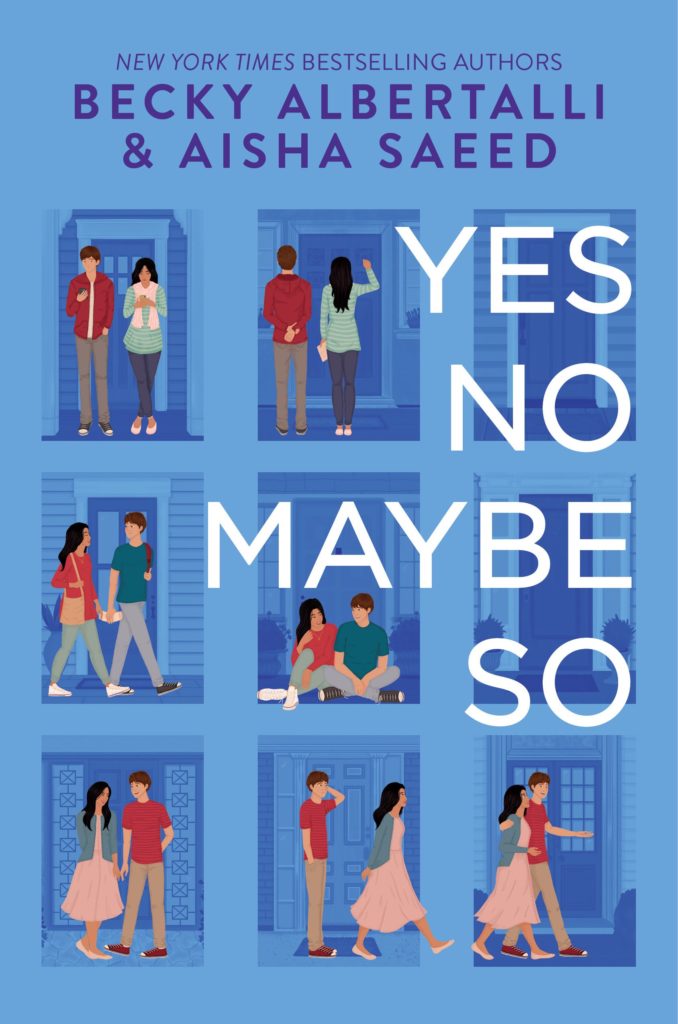
YA contemporary. Co-written by two fairly well known authors in the genre. A white Jewish boy and South Asian Muslim girl, both US American and both seventeen, fall for each other while volunteering on the campaign of a progressive candidate for state senate in a special election (which is what they call by-elections down there, I believe) in a deeply Republican district in Georgia. I have seen the (fair enough) criticism that it is yet another example where the only representation that Muslim women/girls get in mainstream North American media is when they are shown falling for white guys. That aside, the romance is very sweet and quite well done. I quite enjoyed most of the characters. The writing is pretty plain and the story goes more or less where you’ll have guessed after reading the first couple of chapters, but those things are not unexpected given the genre, and I didn’t mind.
Without spoiling anything, I did notice that there was one major plot point towards the end that is a fairly direct analogue in this book’s configuration of identities and relationships to one that plays a big role in queer relationships in not one but two of Albertalli’s solo projects…which I think deserves some discussion, even if it is deployed reasonably effectively to do what the authors want it to do in this case.
The novel is also a somewhat clever instance, I think, of a pair of fiction writers thinking, okay, how can we use what we do to intervene politically in this election year. I mean, the book is entirely invested in the dominant US liberal way of framing our political horizons, and personally I think disrupting the limits that puts on our political imaginations is crucial (even as we engage in important practical defensive struggles like trying to defeat a candidate whose victory would ensure a supermajority in support of a hijab ban). But within the confines of US liberalism, this novel may help to get a certain subset of young people feeling more able to act, at least in the ways recognized as proper political action within those confines, and it may help those who do not experience them to connect certain issues that will no doubt continue to roil through our political culture to the level of everyday life. Which, for all its limits from where I stand, does seem like a savy way on the part of the authors to take action based on where they are at and using the tools at their disposal.
Anyway, a light sweet romance that deals with some heavier political questions. Enjoyable within its limits, though probably only worth reading if you like this kind of book.